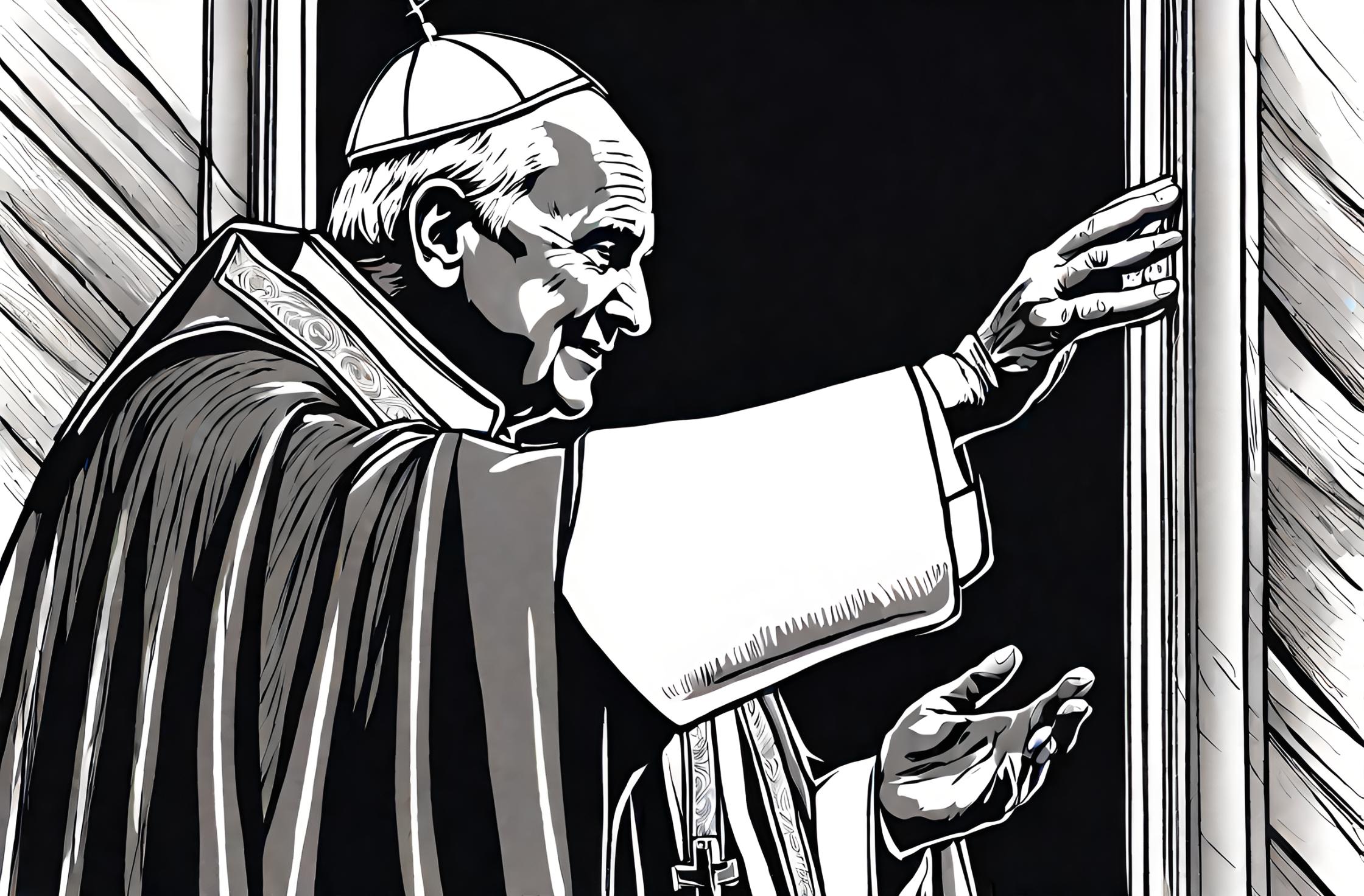Flashback to December 27
World History

1989
After 45 years of Communist rule in Bulgaria, Bulgarian Communist Party leader Todor Zhivkov is replaced
Read moreIn a significant global event that took place on November 10, 1989, Todor Zhivkov, leader of the Bulgarian Communist Party, was replaced by Foreign Minister Petar Mladenov. This landmark exchange of power marked the end of a 45-year rule of communism in Bulgaria, reshaping the political landscape of the country. Another major change that followed was the renaming of the Bulgarian Communist Party to the Bulgarian Socialist Party, a move symbolizing a shift in political ideologies.
The Bulgarian Communist Party, under the leadership of Todor Zhivkov, had been the unchallenged seat of power in Bulgaria for 45 years. From 1944 to 1989, Zhivkov’s reign marked a period of strict communist rule in the country. His leadership was known for employing authoritative policies and a highly centralized power structure, making this period one of Bulgaria’s most remarkable and longest periods of political stability.
Zhivkov’s rule ended abruptly when he was displaced by Petar Mladenov on November 10, 1989. Mladenov, who was serving as the Foreign Minister at the time, was put in charge. This event was critical in Bulgaria’s history as it marked the first major change of power from the long-standing Communist regime after World War II. The shift was a crucial turning point, setting the stage for the country’s pathway towards embracing democracy.
Mladenov’s rise to power brought about significant changes. One of his pivotal moves was the rebranding of the Bulgarian Communist Party to the Bulgarian Socialist Party, an act symbolic of the shift from a totalitarian regime to a more democratic governance system. With this change, Mladenov sought to transform the old Party from being an organ of authoritarian rule to a modern political party dedicated to social democracy.
Note that prior to this transformation, the Party purely endorsed communist doctrines steeped in centralized economic planning and one-party rule. However, the transition to the Bulgarian Socialist Party indicates an attempt to break away from these rigid principles and communist norms. Mladenov’s administration aimed to incorporate socialist elements such as equality, social welfare, and inclusive economic policies while embracing democratic principles.
Importantly, these changes didn’t occur in a vacuum. The year 1989 was a significant era, remembered vividly for the fall of the Berlin Wall, demise of the Soviet Union, and overall fragmentation of the Eastern Bloc. The change of guard in Bulgaria from Todor Zhivkov to Petar Mladenov was a part of this larger wave of political change sweeping through Eastern Europe.
Bulgarians, too, despite having lived under a communist regime, found themselves hoping for greater personal freedoms, enhanced civil rights, and broader economic opportunities. Indeed, the country yearned for reform, and Mladenov’s takeover and his resulting series of changes were seen as a welcome shift towards democracy.
We strive for accuracy. If you see something that doesn't look right, click here to contact us!
Sponsored Content

Pope John Paul II…
"Pope John Paul II…

Taliban forces retake the…
"On December 27, 1996,…

England and Portugal sign…
On December 27, 1703,…

USSR performs nuclear test…
On December 27, 1987,…

John Pijnas Dutch painter,…
Renowned Dutch painter, John…

Indonesian National Revolution: Queen…
"Marking a historical event…

